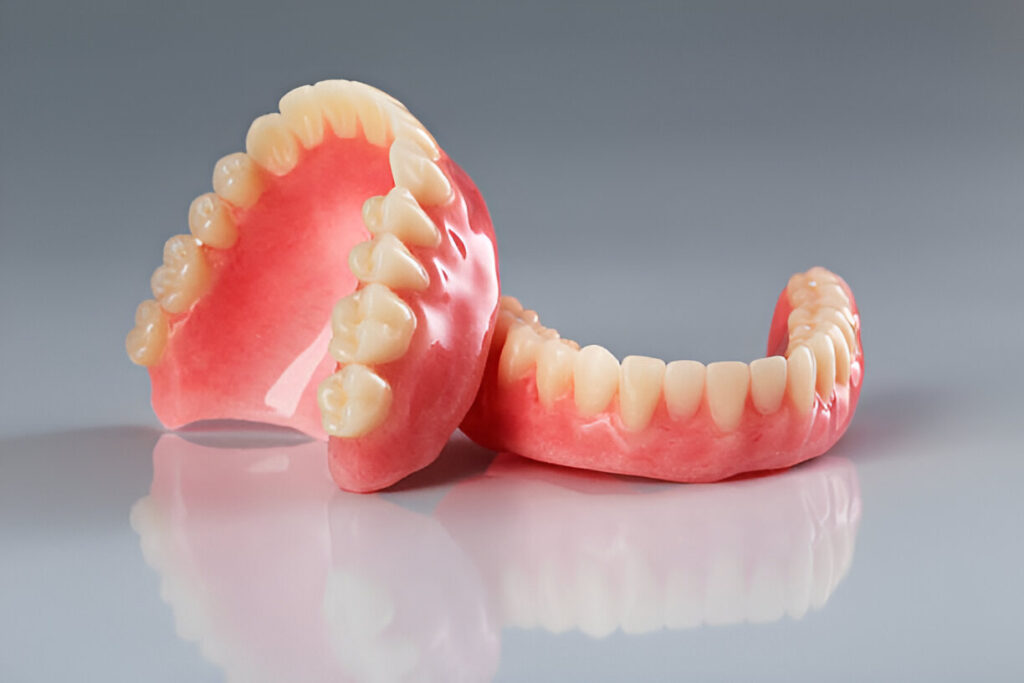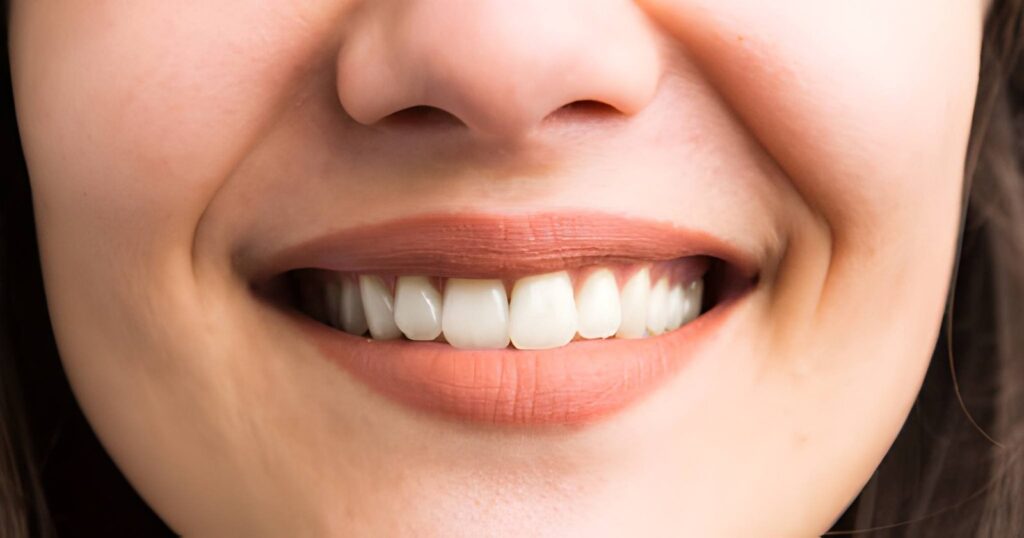A full set of dentures on the NHS falls under Band 3 treatment. Band 3 has a fixed national fee that covers the full course of care, including assessment, impressions, fitting, and necessary adjustments.
Dentures replace missing teeth and restore basic function. Many patients ask how much a full set of dentures costs on the NHS. NHS dental charges are divided into bands. A full set of dentures is covered under Band 3, which includes the entire treatment process.
What Are NHS Dentures?
NHS dentures are removable artificial teeth provided under NHS Band 3 treatment.
They replace missing teeth in the upper jaw, lower jaw, or both.
They are designed to restore chewing ability and appearance.
How Much is a Tooth Extraction NHS?
What Does Band 3 Include?
Band 3 treatment covers:
- Clinical examination
- Treatment planning
- Impressions (moulds)
- Laboratory construction of dentures
- Fitting appointments
- Necessary adjustments within the treatment course
You pay one fixed Band 3 fee for the complete treatment.
How Is a Full Set of Dentures Made? (Step-by-Step)
- Assessment – The dentist checks gum health and suitability for dentures.
- Impressions – Moulds are taken to ensure correct fit.
- Fitting – Dentures are placed and adjusted for comfort and function.
Follow-up visits may be needed to improve fit.
Why Are Dentists Stopping NHS Treatment?
Who Can Get Free NHS Dentures?
You may qualify for free NHS dentures if you:
- Are under 18 (or under 19 in full-time education)
- Are pregnant or have had a baby within the last 12 months
- Receive qualifying benefits
Eligibility rules are set by the NHS.
Can an NHS Dentist Remove You Without Warning?
Are Private Dentures Different?
Private dentures may offer:
- More material choices
- Enhanced aesthetics
- Additional customisation
NHS dentures focus on function and affordability.
Can I Get My Teeth Done Through the NHS
Need Advice About NHS Dentures? Contact Holburn Dental and Implant Centre
If you are considering a full set of dentures and would like clear guidance about NHS eligibility, costs, or treatment options, the team at Holburn Dental and Implant Centre can help. We provide NHS dental care in Aberdeen and can explain what Band 3 treatment includes, what to expect during the process, and whether dentures are suitable for your needs.
Booking a consultation allows you to receive personalised advice and understand the most appropriate option for restoring your smile safely and effectively.
FAQs (People Also Ask)
How much does a full set of dentures cost on the NHS?
A full set of dentures is charged at the NHS Band 3 rate, which is a fixed national fee.
Does Band 3 cover both upper and lower dentures?
Yes. The Band 3 fee covers the full course of treatment, whether one or both arches are treated.
How long does it take to get dentures on the NHS?
The process usually takes several weeks, including impressions, laboratory work, and fittings.
Can NHS dentures be repaired?
Repairs may be available. Some adjustments are included within the original course of treatment.
How long do NHS dentures last?
With proper care, dentures can last several years. Regular dental reviews are recommended.
Author
Reviewed by the clinical team at
Holburn Dental and Implant Centre
Content reviewed in line with NHS dental charging guidance.
Last Updated
20 February 2026




